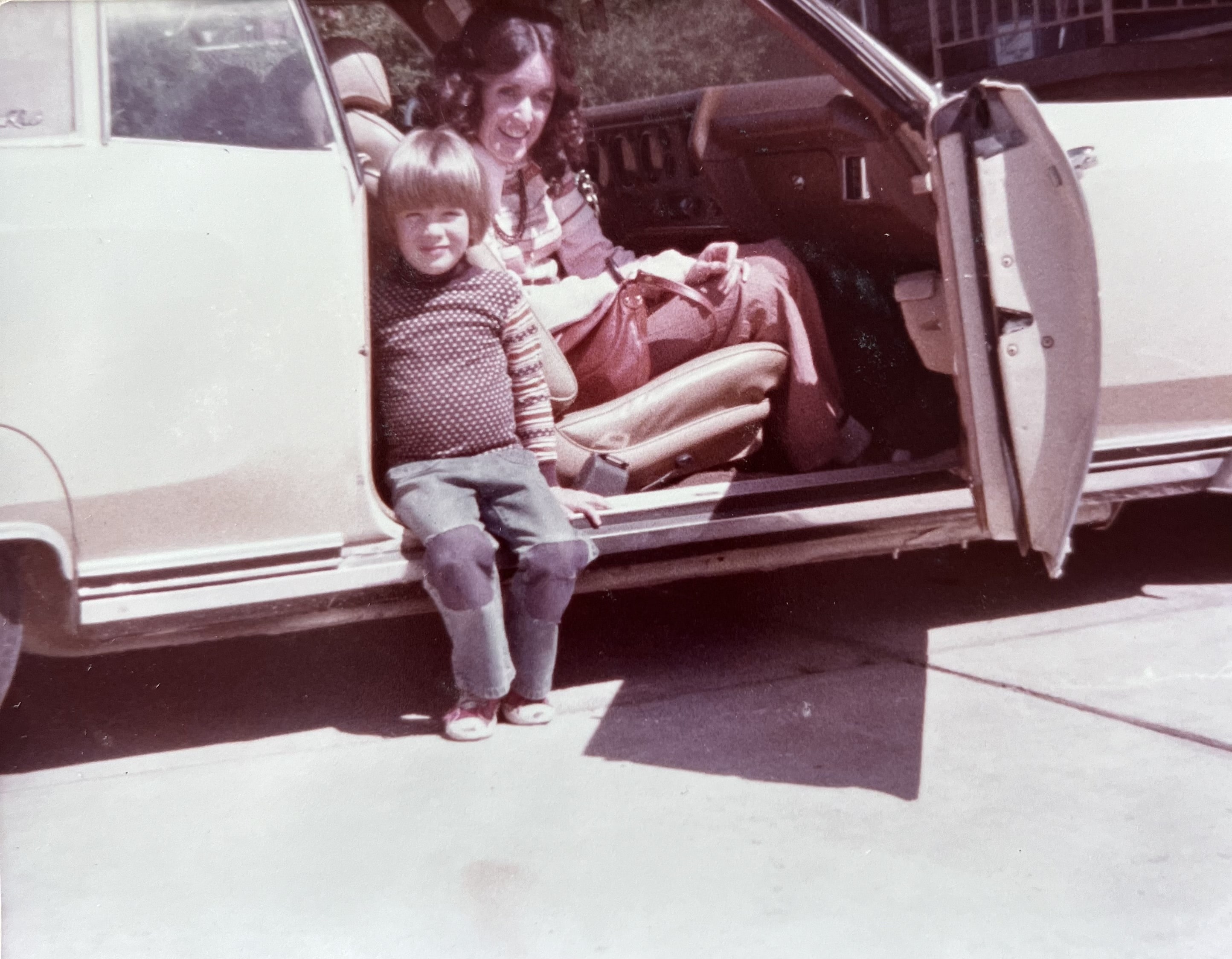
I have had my share of speeding tickets and fender benders over the years. Each one of our children had at least one minor accident within the first six months of getting their driver’s license. Teenage brains contain the dangerous combination of scant experience and perceived invincibility. As my teenagers eagerly embraced their wheels of independence, we grappled with taking that freedom from my mother.
My mother prided herself on the fact that she had never received a speeding ticket. She loved and took immaculate care of each car she owned. She relished her independence and her busy professional and social life in Los Angeles.
In 2019 mom began having memory issues. She kept it to herself until her physician and family members began noticing subtle changes in her behavior. Mom reluctantly went to a neurologist for a cognitive evaluation. The initial appointment established a baseline and her physician noted that she was “OK to drive” in her online medical portal.
The pandemic took a tool on mom’s memory and mental state. She lived alone. Brief daily phone calls were not enough to sustain the social engagement she craved. We were nervous about her driving and we knew preventing her from doing so would mean fighting an extremely difficult battle.
A follow up appointment with the neurologist confirmed mom had Alzheimer’s disease. We were somewhat relieved to be able to blame the state of California for taking away her car keys. California law requires a physician to notify the Division of Motor Vehicles (DMV) about a dementia diagnosis.
Mom was livid, paranoid, and defiant. We hired an elder law attorney to help us figure out how to manage this diagnosis and move mom to a safe place. He suggested we remove critical engine parts to disable the car. Mom was very close to her mechanics and we were unsure how to approach them with our dilemma. We didn’t know how much we should share with people about mom’s condition and didn’t want to put them in an awkward position.
We elected to take her keys away. A few days later we got a call from mom’s neighbor, who noticed a locksmith van parked outside. Mom paid $1400 to have new keys made for her car and took off. We tried tactic number two: my sister took mom’s car and parked it under her building. Mom called the police. The police required the car be returned to mom because it was considered stolen property, regardless of whether her license was valid or not.
The saga continued until we were eventually able to move mom into memory care. It is a long story. We were learning the hard way how to deal with dementia.
The best way to approach any conversation with parents or loved ones about concerns is to use the word “I” instead of the word “you.” The discussion is less accusatory and more focused on love. For example: “I am concerned for your safety and want to find a solution that works best for both of us.”
Aging, changing habits, and a relentless sense of loss is difficult for everyone involved. Understanding the signs of dementia and being proactive about having conversations and making decisions together helps alleviate stress for everyone.
Dementia is more than memory loss. It can affect mood, behavior, executive function, physical mobility and more. Ten percent of people over age 65 have dementia. Four critical areas of concern for people with dementia include driving, cooking, medication management and financial management.
Driving To Independence is an excellent resource in evaluating and training both teens and seniors. I am grateful we avoided any major incidents before mom was forced off the road. I am anxious as my youngest is about to get his driver’s permit. Never a dull moment on the long and winding road of life.
Nicole Smith is part of the sandwich generation, a term given to those caring for both children and aging parents. Nicole is the author of Diagnosis Dementia: Your Guide for Eldercare Planning and Crisis Management. www.njsmithbooks.com
